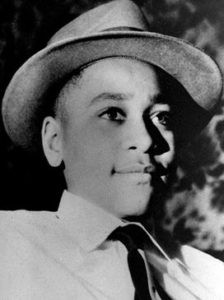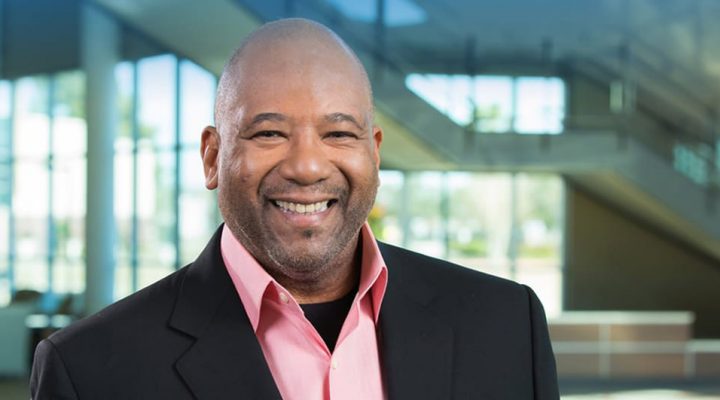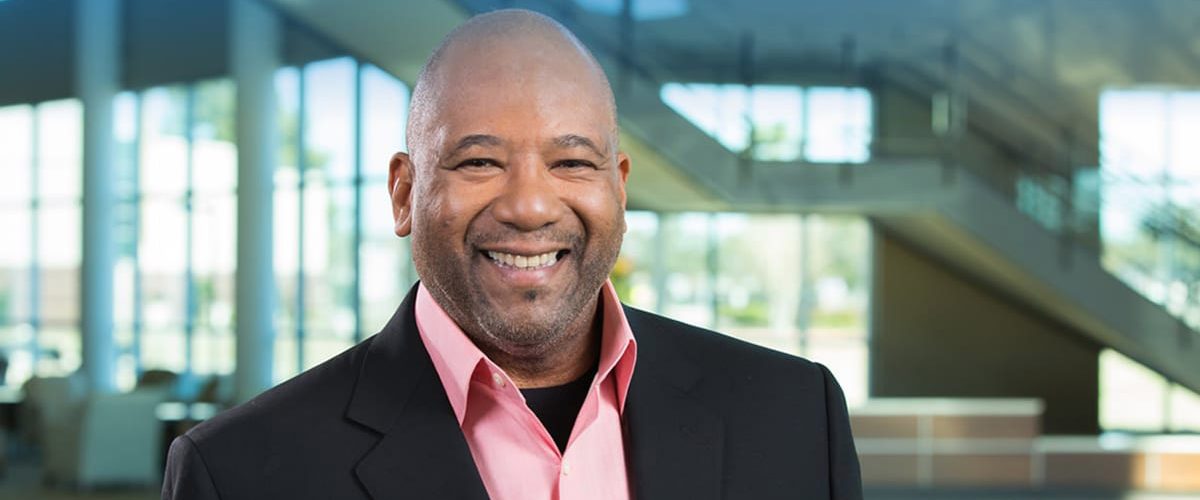The Black church can teach the white church that being a Christian and being anti-racist are one and the same thing, Ralph Douglas West, pastor of the Church Without Walls in Houston, told participants in a Baylor University conference last week.
“In the Black church, there is no separation between personal salvation and social justice. Eventually, the preacher or somebody is going to speak out on that personal relationship with Jesus Christ and on our social justice activity or action. They are never separate. It’s in our music, it’s in our prayers,” he declared.
West spoke during “Time to Wake Up: Racism in the World Church,” an anti-racism conference hosted online and in person by Baylor University’s George W. Truett Seminary in Waco, Texas. His address on lessons the Black church can teach white congregations included topics such as justice, repentance and joy.
Black Christians’ dependence on Scripture for guidance on religious and social action is a practice white churches could learn from, he said.
As an example, he cited the passage in Acts in which the Apostle Paul was beaten and jailed for casting a spirit of divination out of a slave girl, which angered the powerful men who had profited from her fortune telling. “The injustice he sees is that here’s a young girl being exploited. She is being taken advantage of. And they end up in jail.”
“The lesson the Black church can teach the white church here is that everyone, regardless of the injustice, can find a reason for rejoicing.”
Paul’s bold action was followed by prayer and the singing of hymns in his jail cell, a model that has sustained Black Christians through centuries of physical and economic discrimination, West said. “The lesson the Black church can teach the white church here is that everyone, regardless of the injustice, can find a reason for rejoicing.”
Another lesson in the biblical account came when Paul and fellow evangelists were freed from their chains and escaped prison due to an earthquake. For Black Christians, that translates into hope for freedom by worshiping joyfully and protesting racial injustice, West said.
“They are singing and praying and something happened in that jail, in that worship, and their chains come off. Paul addresses the injustice and turns that setting into a worship experience. That’s the Black church. That’s why we worship. We’ve been chained up all week, but on Sunday morning, chains come falling off. No matter what people have put on us, the heavy loads that people place on us, it comes off.”
Black Christians also have experience with repentance they can share with their white counterparts, West said. “The Greek term talks about not just changing direction, but changing the way you think, to make a self-examination of the person, but also make the self-examination of society, its structures, its institutions — the way things are put together.”

Emmett Till
West cited a number of events that should have brought the nation to repentance. The 1955 lynching of Emmett Till in Mississippi and the 1963 bombing of the Sixteenth Street Baptist Church in Alabama were key — but missed — opportunities for cultural self-examination.
The 2015 shooting massacre at Mother Emanuel AME Church in Charleston, S.C., certainly qualified, he said. “You thought after that people really would be moved to repent and to say, ‘You know, something is terribly wrong in America that this can happen.’ And nobody repents, nobody changes.”
The 2020 police killing of George Floyd perhaps came closest to inspiring change because it was recorded on video. But the hoped-for social transformation did not materialize, West said.
“Jesus said, unless you change your mind, you will likewise perish.”
“Arrogance and supremacy and privilege and whiteness will make you do things, particularly when you have a president that makes a comment that ‘I can shoot somebody in the middle of Manhattan, and nothing would be done to me.’ And so, George Floyd is killed, murdered, lynched right before our eyes. And Jesus said, unless you change your mind, you will likewise perish.”
The Black church has seen lessons for itself in these and other injustices, the pastor said. “All events lead us to repentance. There is something in all of us that we must repent.”
Related articles:
Return to the radical forgiveness and self-sacrifice of the gospel, Haddad says
White supremacy is so normalized people don’t see it, British scholar warns


